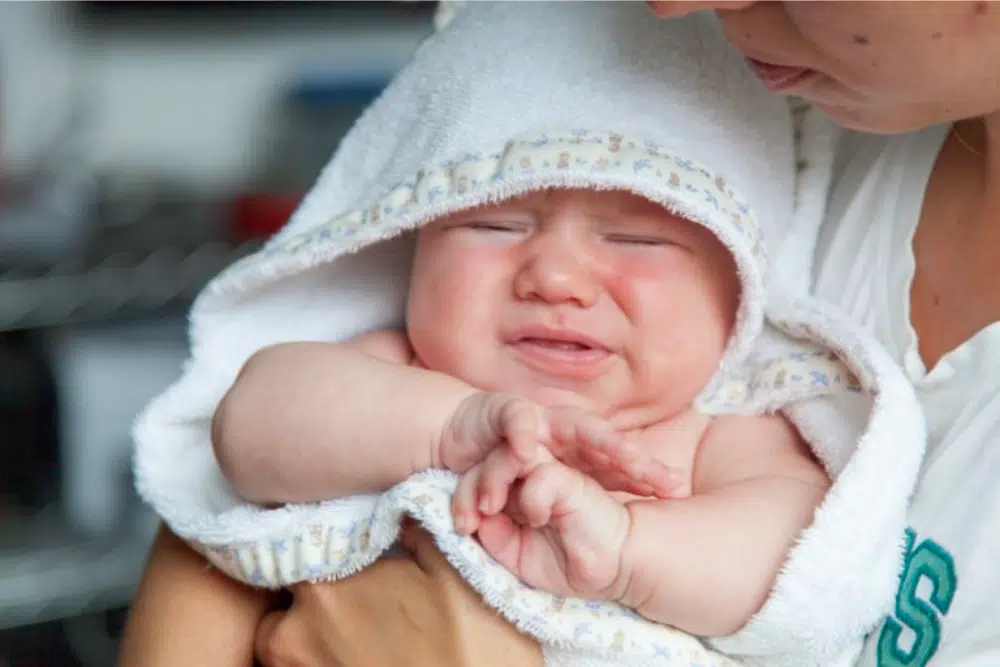
Content Reviewed by:
Michael F. Bonamarte, IV
Content Reviewed by: Michael F. Bonamarte, IV
Accordion Content
Since 2005, Michael Bonamarte IV has been a passionate advocate for victims of negligent conduct, corporate malfeasance, and medical malpractice. He has won numerous awards and recognitions, including Best Lawyers in America and Super Lawyers’ Rising Star. He has presented for the American Association for Justice, the AAJ Nursing Home Litigation Group, the John Marshall Law School, and numerous other legal associations. He regularly lectures at Chicago-area aging organizations about nursing home abuse. His writings have been published by the American Bar Association, the Chicago Daily Bulletin, and numerous other prestigious publications.
Is Premature Infant Death Preventable?
As many as 1 million deaths are the cause of preterm birth complications each year, making it the leading cause of death among children under five years of age in the United States. One of the most common causes of neonatal death is premature birth, as are low birth weight and congenital disabilities. Unfortunately, medical providers can contribute to premature birth injuries and infant deaths due to malpractice and negligence, especially in the case of a physician failing to diagnose and treat prenatal problems, misdiagnosing the distress symptoms of either mom or the fetus, and failing to prevent an unnecessary premature birth. And some untreated problems in pregnancy, such as preeclampsia, problems with the placenta, umbilical cord, and amniotic sac (bag of waters), and asphyxia, are sometimes caused by a woman’s doctor not doing their job.
During the moments before and after a premature baby is born, specific attention and medical care are needed to ensure the infant will not suffer. Both prompt and correct support must create outcomes for a quality life for your child. During these steps, if a physician or medical professional failure occurs, irreversible and heartbreaking outcomes do happen. These injuries suffered at birth can be severely life-altering for both the child and the mother and may even lead to neonatal death.
The Connection Between Premature Delivery and Neonatal Death Risks
At times, premature babies may develop serious complications that can sometimes cause death. Some of the more common issues that medical professionals either misdiagnose or fail to treat during the prenatal stage that can lead to a neonatal death include respiratory distress syndrome (RDS), intraventricular hemorrhage (IVH), necrotizing enterocolitis (also called NEC), and infections like pneumonia, sepsis, and meningitis in either mom or baby.
According to the March of Dimes, neonatal death is when a baby dies in the first 28 days of life.
- Neonatal death happens in about 4 in 1,000 babies each year in the United States.
- Non-Hispanic Black women are more likely to have a baby die than women of other races or ethnicities.
- Premature birth and low birth weight cause about 1 in 4 neonatal deaths.
- Congenital disabilities cause about 1 in 5 neonatal deaths.
- An autopsy gives information about why a baby dies in more than 1 in 3 cases.
If your baby dies soon after birth, it is normal to have many questions about how and why it happened. You deserve answers from your child’s health care provider to learn as much as possible about your baby’s death. It is your choice whether or not to have an autopsy on your baby, and you can also request a series of imaging and tests to find more information about why your baby died through a look at genetics, the placenta, and umbilical cord. As difficult and melancholy as the requests to find answers may sound, an autopsy and the test results may provide you the closure you need to hold those accountable for their mistakes. It may also provide the evidence needed to support financial burdens and emotional trauma caused by your child’s untimely death.
We Are So Very Sorry and Want You to Know That We Can Help You
An experienced Chicago birth injury attorney at Levin & Perconti is here to listen to your situation. We can explain the options available to you, as well as take the extra burdens involved with working with hospital legal teams, insurance companies, and other parties involved in your case to assure that you and your baby’s needs will be resolved expediently and appropriately.
If your baby was injured, suffered, or suddenly died because of a premature birth error caused by your medical provider, call us at 1-877-374-1417 or in Chicago at (312) 332-2872 to set up a free consultation.



